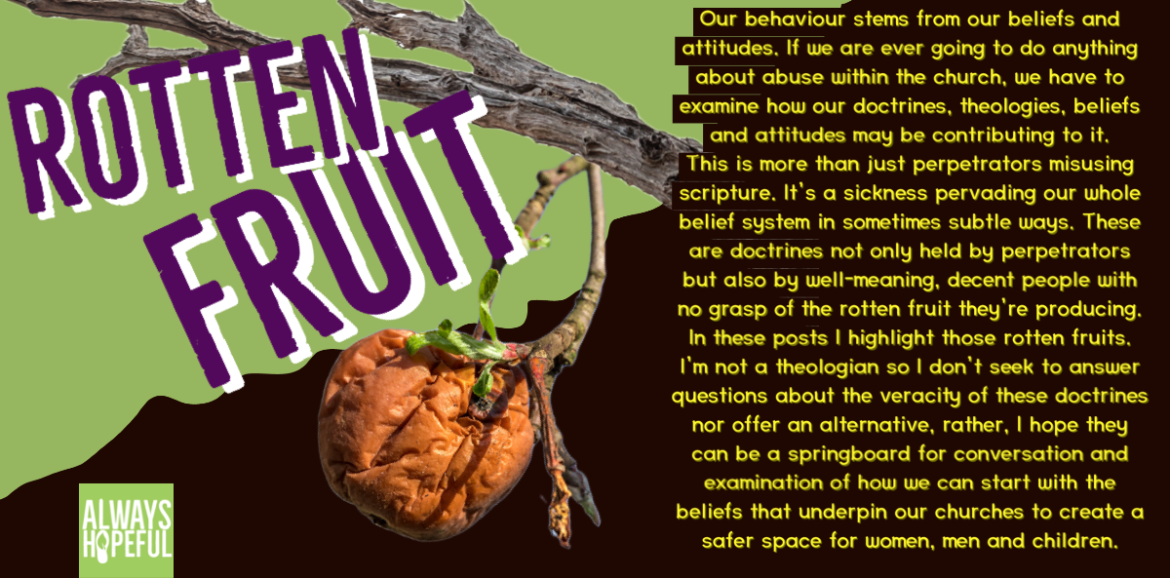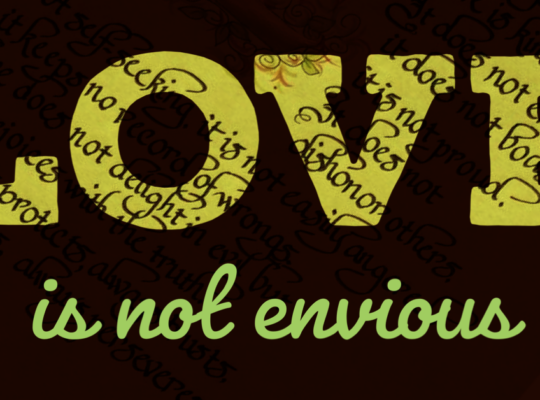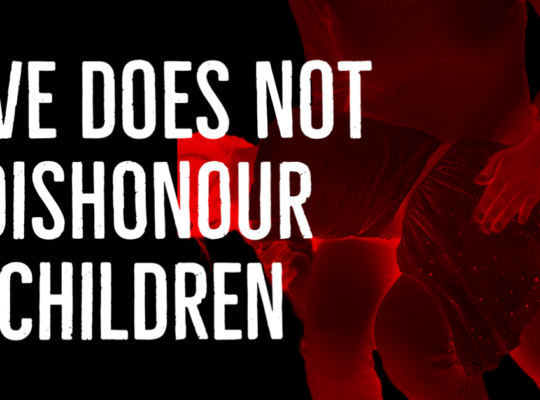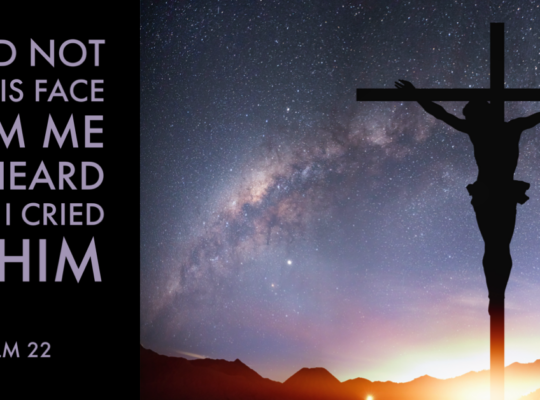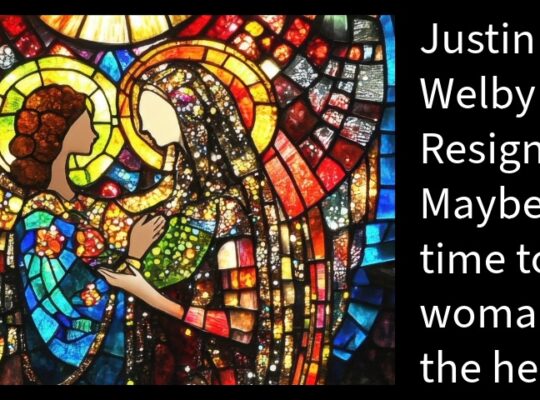Thursday 10th November 2022
I first met my boyfriend when I was a self-righteous, judgmental 19 year old, he went out with my housemate, not me. 20 years later we met again, and now, almost five years later we’re very happy together.
I don’t believe our knowledge and understanding of God is limited to the pages of the bible or the lessons from the pulpit. All of humanity is created to reflect God, and therefore, we can understand God better by seeing him reflected in the lives of others.
Back to my boyfriend. I was awful when I was 19, and I’m still flawed now. One of the things that makes me feel loved in my relationship is that I feel ‘seen.’ Dave* has seen me at my worst and he loves me. He’s seen me being childish, pompus, and bigoted and whilst (I hope) he’s seen me grow from that he’s also seen me more recently being angry, stubborn, foolish, hurting people I love and generally being an imperfect human being. And he loves me. He loves all of me. He loves me when he turns up at my house and I’m feeling crap and haven’t showered for two days, he loves me when I’m stressed and the kids are driving me mad and I’m tetchy and bad tempered, he loves me when I’m being useless at practical tasks and he’s having to fix my mistakes and he even loves me when I accidently put tea in his coffee pot (though I haven’t heard the end of it)
God has used my relationship with Dave to teach me something of his vast and unconditional love for me. If Dave loves me, warts ‘n’ all, how much more does God? Dave has, for me, reflected something of God’s acceptance of me, in full knowledge of exactly who I am. With God, even more so than with Dave, I am fully known, fully seen and fully loved. As the Chris Tomlin hymn says, God sees the depths of my heart and he loves me the same.
God has spent a decade helping me to realise how loved and accepted I am, how much I am delighted in by my creator who considers me “a masterpiece.” God has needed to do that because prior to this I believed that I was, in the words of another famous hymn, “a wretch.” I believed the theology that taught me that I not only “fall short” but that I am born into total depravity, that I am so completely sinful that God cannot bear to be in my presence and as a result Jesus had to die. I believed that God only loves me because Jesus died for me and that without Jesus I am a worthless enemy of God, that all my efforts “are as cherished a gift to God as a bloody tampon or a pile the dog leaves in the yard” (in the words of Mark Driscoll)
There’s a difference between a parent who loves their child so much, even when they completely screw up, that they will do anything to save them from their own mess. Who sees their child’s brokenness and scoops them up, fixes it, and says “you’re my precious child, I love you” and a distant God who comes down to deal with the disgusting mess his creatures have made and imputes Jesus’s righteousness onto just a few of them so that he can love them, instead of being sick in his mouth whenever they’re around (which by implication he still is with the ones who aren’t Christian)
I believed the latter.
This poor self-image made it easy to abuse me, after all, if God thinks I’m a filthy wretch why shouldn’t my husband say that to me? If I’m so undeserving what does my happiness matter? If Jesus suffered so I wouldn’t have to go to hell then I shouldn’t complain about a bit of suffering in this life, I should surely just be grateful I won’t end up in hell. I also imagine that my husband’s own image of himself as a horrible sinner, incapable of taking any personal responsibility for doing good, probably also contributed to his abusive behaviour.
If we believe that those who are “unsaved” are still so despicable to God how will that affect our attitude to them? If we believe that we are despicable to God how does that affect our self-image? And our relationships?
What do you think?
*Not his real name
(This blog post doesn’t seek to discuss what is biblically correct and what isn’t, or seek to offer an alternative, rather to stimulate a discussion about how our theology can feed abusive beliefs) However, if you are interested in an alternative understanding of the relationship between God and Humanity check out Brad Jersaks gospel of chairs)

